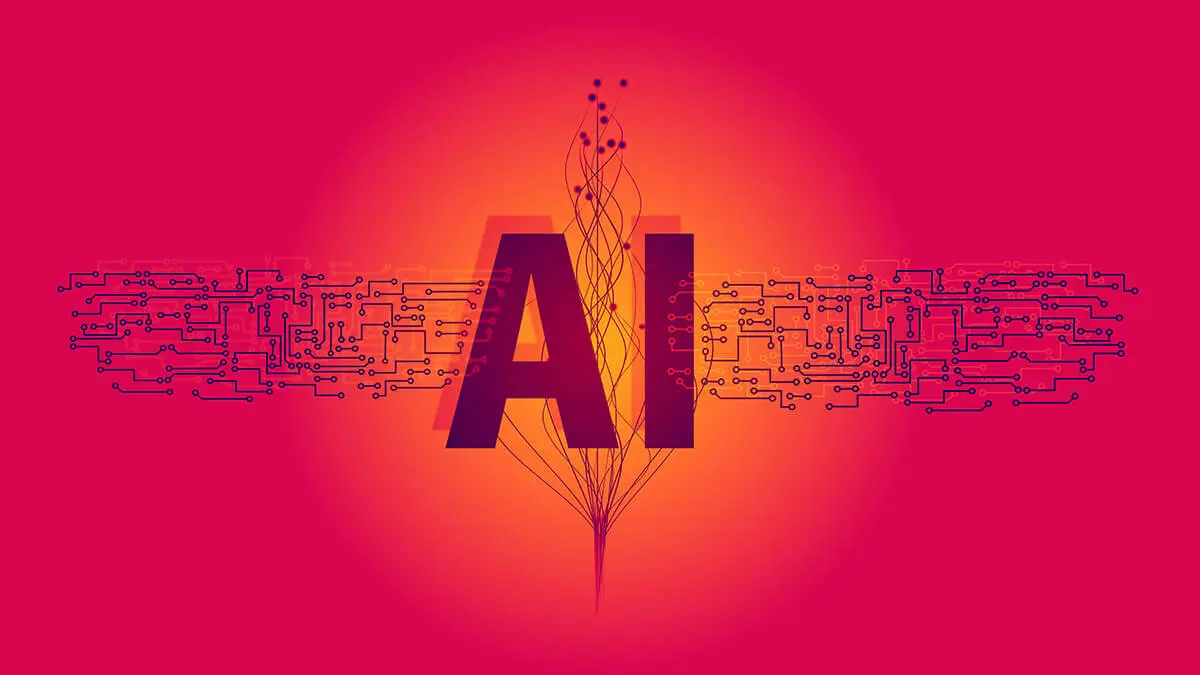One in two healthcare organisations use AI for efficiency and optimisation of internal processes

One in two organisations in the healthcare sector consider that the main reason for starting to use artificial intelligence or doing so intensively is its efficiency and optimisation of internal processes. This is one of the main conclusions of the sectoral analysis dedicated to this field in the Ascendant report by Minsait (Indra) which, under the title AI: radiography of a revolution in progress, analyses its degree of adoption in private companies and public institutions. Subsequently, 41% of the companies interviewed mentioned improved knowledge and patient relations among the main motivations for adopting artificial intelligence.
The study also evaluates the specific use cases of AI in each sector, identifying those that organisations are applying. In healthcare, 76% of organisations have used AI to enhance medical care and diagnostics, for example, for automated detection of pneumothorax and pleural effusions, image identification in rheumatology for early detection of arthritis, and tumour prediction through imaging, among others. With 58%, it is followed by the management of hospital resources and operations, such as the prediction of medicine stock-outs, the preparation of staff shifts and the management of hospital beds.
The use of artificial intelligence for patient data management and analysis (58%), for customer insight (40%) and for cybersecurity through tools leveraged on suppliers (33%) also stands out. It should be added that in most of the existing use cases in the industry, artificial intelligence is able to analyse, draw conclusions and identify patterns. In addition, 40% of the organisations that participated in the report have third-party solutions that enable them to create content through generative artificial intelligence.
A clear commitment to AI
The report also notes that 60% of the organisations revealed that senior management is clearly and firmly committed to the use of artificial intelligence because of the benefits it can bring to the business and patient experience. Antonio Martos López, Global Head of Healthcare at Minsait, explains that "at present, organisations in the sector are focused on the use of AI to improve their business operations, such as improving the diagnosis and prevention of illnesses, as well as improving the patient experience and personalised care".
Along these lines, 40% of the companies interviewed have already created medical working groups to explore the possibilities offered by artificial intelligence in the healthcare sector. Moreover, AI is also a priority at a budgetary level: 60% of the companies participating in the report state that their organisations are dedicating the necessary resources to its development and 70% estimate that within two years it will increase considerably.
The fifth edition of Minsait's Ascendant Digital Maturity 2024 Report addresses the context and degree of adoption of artificial intelligence by companies and public administrations. To this end, it has analysed the information provided by more than 900 organisations in Spain and other countries from 15 different sectors of activity.










